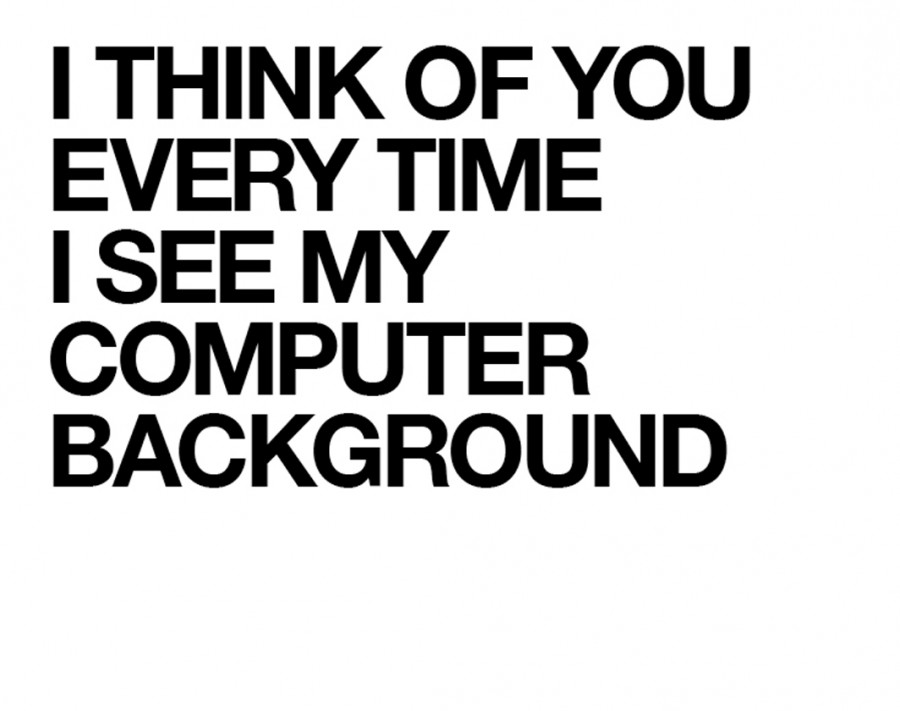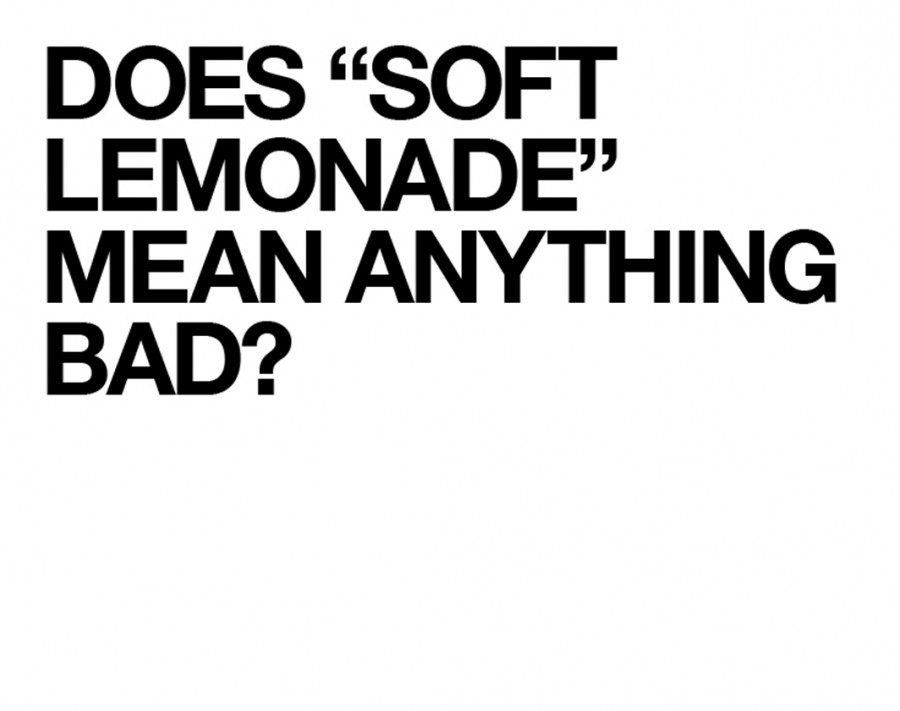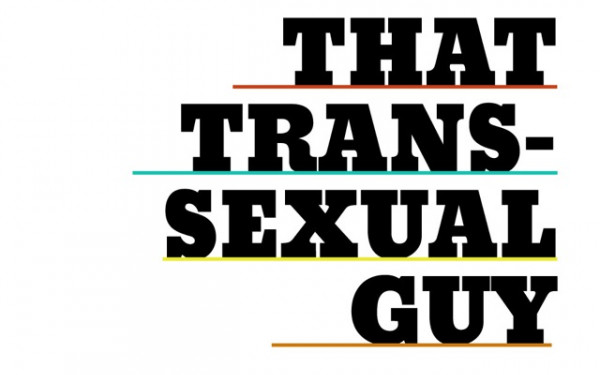Internet Poetics
Steve Roggenbuck Is on the Frontlines of the War for the Future of Poetry
Steve Roggenbuck is from the Internet.
Okay, technically, he’s from Michigan and currently lives in Chicago, but that hardly seems the point. The 23-year-old poet is not a Chicago poet the way Carl Sandburg was a Chicago poet; nor the way Allen Ginsberg was a New York/New Jersey poet, and certainly not the way Robert Frost was a New England poet.
His poems aren’t peopled with Chicagoan references, don’t exist in Chicago buildings or run down narrow Chicago alleyways. Rather, they take advantage of the full breadth of the Internet’s new world map—all culture, all places, all things are fair game.
In 2010, Roggenbuck released his poetry chapbook i am like october when i am dead online, gaining a significant following after the 15 short poems it contained—some as short as “god help me im throwing my neighbor off a building”—were shared online by people like John Campbell, creator of the webcomic Pictures for Sad Children.
Roggenbuck had considered shopping them around to publishers, but ultimately decided that self-publishing offered him his best shot at maintaining control over both his poems and how they were disseminated. The minimalism of his poems extended to the design of the chapbook; the cover was just the title laid out in bold Helvetica.
Early 2011 finds him returning to the net with a new collection, DOWNLOAD HELVETICA FOR FREE.COM. More than just carrying on Roggenbuck’s legacy of Helvetica worship, the new collection has a number of common threads with october.
“the collections were published about four and a half months apart,” he said, “so i think it was natural that they approach a lot of the same themes.”
Roggenbuck admitted that HELVETICA is much more cultural-reference heavy, name-checking things as diverse as Final Destination III, Everlast songs, Madonna, and the Wii, and cited the 2010 novel Eat When You Feel Sad by Zachary German as an influence.
Perhaps the most notable aspect of HELVETICA, apart from the fact that all the poems are at best a sentence or two long and laid out in large, bold, all-caps Helvetica, is that they are all culled from Roggenbuck’s MSN Messenger history from the past few years.
The result is 100 little snapshots of suburban life in America through the first decade of the 21st century. The poems are frequently laugh-out-loud hilarious in their absurdity, painfully touching in their emotional intensity, and thought-provoking in their mundanity.
Roggenbuck’s choice of visual representation—and the innate power of Helvetica—give to each poem, no matter how lowly its sentiment, a serious and imposing quality that belies the nature of modern life in the North American middle class, with its technological innovations, mall parking lots and absurdly high standard of living.
Roggenbuck credits flarf poetry—“a contemporary tendency in poetry originally based on the method of taking found poetry from google search results”—with giving him the confidence to jump from written poetry, unconventional as his was, to found poetry.
Though he admitted to finding the “‘flarfy’ tone […] really amusing,” and feeling a kinship with the flarf community, he clarified that he was not using flarf in opposition to anything. “unlike some other writers, i am not trying to really mock or criticize cliched writing or anything. as much as i think any cliched phrase is funny, i am not actually disgusted or disappointed by the speaker.”
Though the ‘flarfy tone’ is sprinkled liberally throughout HELVETICA, it remains an extremely touching experience. Roggenbuck’s flair for burying romantic, emotionally frank and disarmingly cute sentences—like “I WILL KISS YOU A MILLION TIMES PLUS AS MANY AS YOU WANT”—in the midst of poems questioning the spelling of the word ‘aggravated,’ and what exactly constitutes posterboard, makes for a consistently pleasant and surprising read within the strict parameters of the collection, like a poetic roller-coaster ride for children.
One surprising aspect of Roggenbuck’s poetry and the following it has gained online has been its capacity to gain traction with people not otherwise interested in modern poetry. Ironically, Roggenbuck’s decision to embrace obscure sub-genres of poetry has made his poems more palatable to the average reader.
“i engage a lot less of the poetic conventions that non-poetry-readers might find frustrating or at least pointless about most poetry,” he said. “i try to do exactly what i like, and over time i notice more and more things i was subconsciously doing because i considered myself a poet, then i try to stop doing them.”
On top of writing poetry whose primary distribution method is the Internet (though he will mail you a copy of either of his poetry collections for free if you ask him nicely), Roggenbuck also maintains a Tumblr blog called Internet Poetry, which acts as a compendium of instances of people spreading absurd, post-modern poetry through new media. Facebook, Google and Amazon are all frequent targets. Roggenbuck said he is “interested in movements like dada that deliberately question the limits people put on art.”
“there is a conscious smirk about internet poetry, at least for me,” he admitted. “it is not for everyone, and i kind of like to flaunt the fact that we will do it anyway. ultimately i think people are having fun, and for me at least it is also kind of empowering and symbolic of the shift of power in media distribution, away from gatekeepers and toward common people.”
You can check out Roggenbuck’s poetry collection at downloadhelveticaforfree.com as well as at iamlikeoctober wheniamdead.com, and at internetpoetry.tumblr.com/.






_600_375_s_c1.png)

